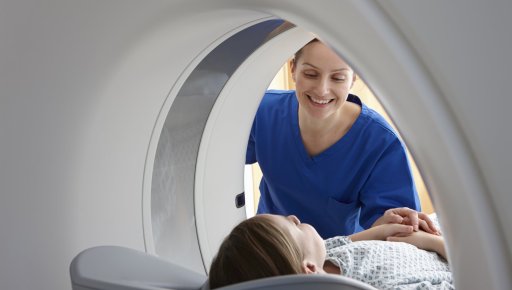Working in the field of healthcare doesn’t have to mean spending years in school. For people who’d like to work directly with patients while also helping care teams with diagnosing and treating...
Perspectives
Search / Filters
Apply for Your Next Position
Let us find your perfect fit. Connect with a recruiter today.













